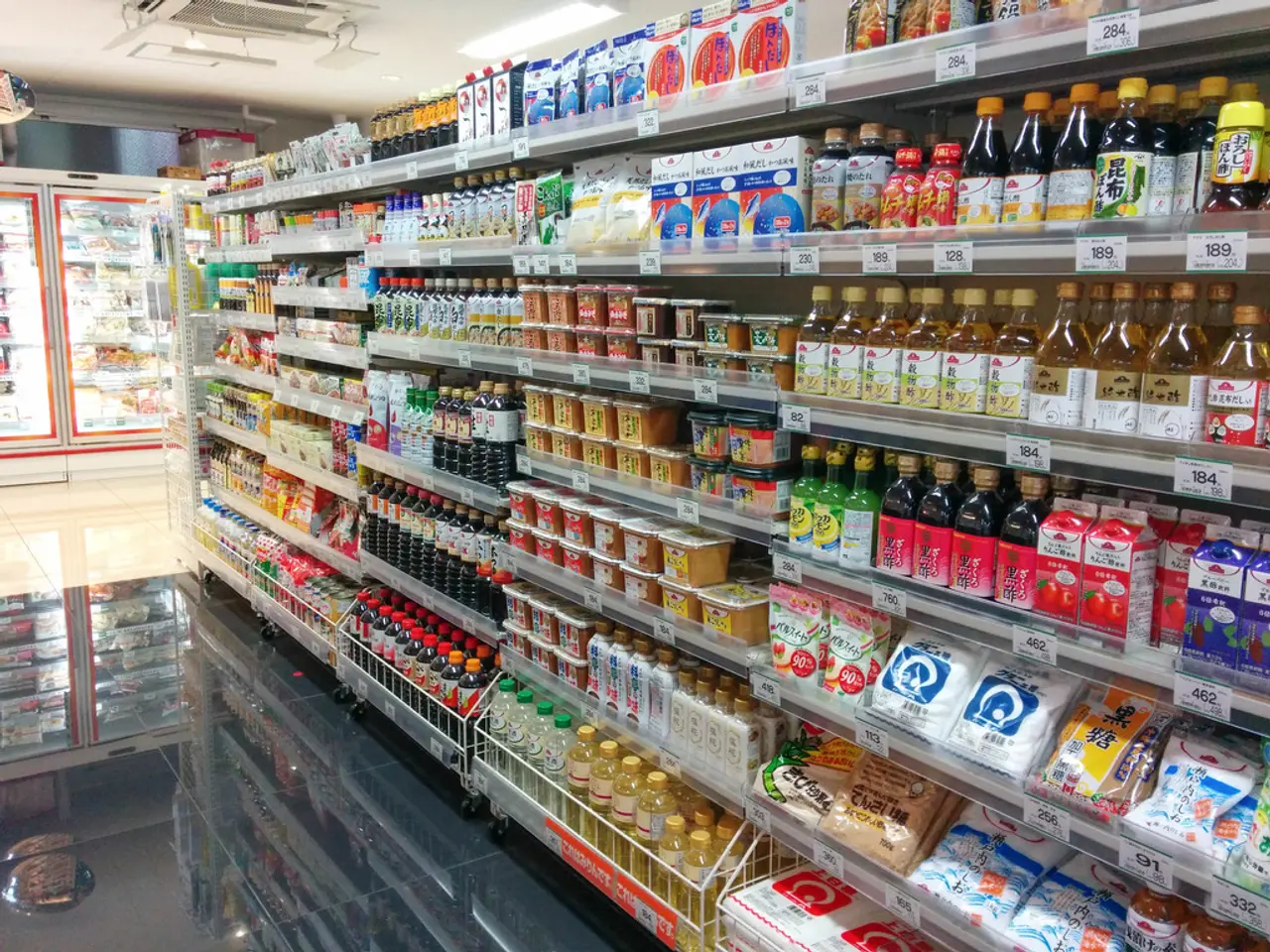Nearly Half of Companies Adjust Pricing Strategies Due to High Tariffs
A recent GlobalData report reveals that nearly half of companies are adjusting their pricing strategies due to high tariffs. The report highlights growing concerns about inflation and business outlook.
The report found that 39% of companies have already increased prices, with another 10% planning to do so in response to high tariffs. Major companies such as Ford, Adidas, Walmart, P&G, Microsoft, and Shein are among those affected. This trend is concerning for 64% of respondents who believe high tariffs will have a negative impact, with 60% expecting it to harm their business outlook.
The uncertainty around pricing strategies is evident, with 38% of respondents unsure about their company's approach. Companies have not disclosed specific reasons for raising prices instead of reducing them or cutting costs. However, 75% of respondents think high tariffs will drive up inflation, with 56% expecting inflation to rise by over 5%.
Companies are exploring various strategies to manage rising expenses. While 45% aim to reduce operational or production costs, 24% plan to negotiate with suppliers, and 21% intend to absorb price increases. Only 13% of companies do not intend to increase prices.
The impact of high tariffs on pricing strategies is clear, with nearly half of companies adjusting their prices. This trend is concerning for businesses and consumers alike, with inflation and business outlook being key areas of concern. Companies are exploring various strategies to manage rising expenses, but the uncertainty around pricing strategies remains a significant issue.




